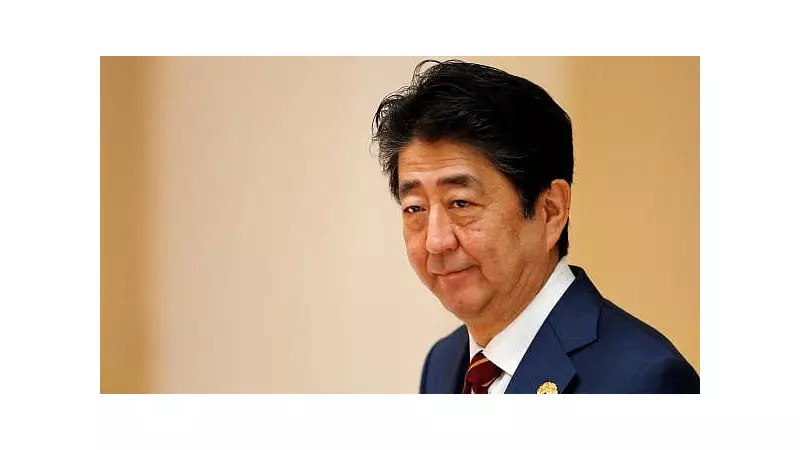
In a dramatic courtroom revelation that has captured global attention, Tetsuya Yamagami, the 42-year-old man accused of assassinating former Japanese Prime Minister Shinzo Abe, has formally pleaded guilty to the shocking crime that rocked the nation.
The Fateful Day That Shook Japan
The tragic incident unfolded on July 8, 2022, when Yamagami approached Shinzo Abe during a campaign speech in the city of Nara. In a brazen daylight attack that was captured on video and witnessed by horrified onlookers, Yamagami fired two shots from a handmade firearm at close range, fatally wounding the former leader.
Revealing the Motive Behind the Assassination
During court proceedings, Yamagami disclosed that his actions were driven by a deep-seated grudge against the Unification Church. The accused believed that Abe's grandfather, Nobusuke Kishi, had played a significant role in introducing the religious organization to Japan, and he held the former Prime Minister responsible for the church's expansion and influence.
"My mother donated massive amounts to the church, bankrupting our family and destroying our lives," Yamagami told the court, explaining how his family's financial ruin and personal suffering fueled his desire for revenge.
Security Failures Under Scrutiny
The assassination has prompted serious questions about security protocols for high-profile political figures in Japan. Investigations revealed that Yamagami was able to approach within mere meters of the former Prime Minister despite the presence of security personnel, exposing critical vulnerabilities in protection measures.
Japan Mourns a Political Giant
Shinzo Abe, Japan's longest-serving Prime Minister, was a towering figure in Japanese politics whose leadership spanned multiple terms. His assassination sent shockwaves through the international community and prompted nationwide mourning across Japan, where political violence remains exceptionally rare.
Legal Proceedings and Potential Sentence
Yamagami now faces the possibility of life imprisonment or even the death penalty under Japanese law. The court is currently examining his mental state at the time of the crime and considering various factors that could influence the final sentencing decision.
The trial continues to unfold, with further testimony expected to shed additional light on one of the most significant political assassinations in modern Japanese history.





